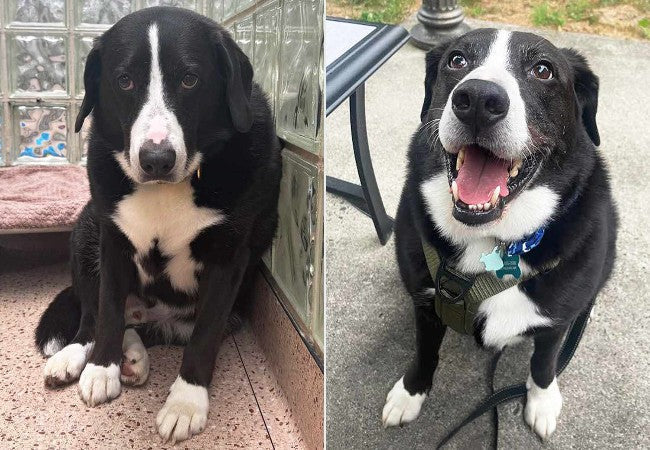Vet Approved Guide: Adopting a Dog with a History of Abuse—What You Should Know (2025 Edition) 🐶❤️

In this article
Vet Approved Guide: Adopting a Dog with a History of Abuse—What You Should Know (2025 Edition) 🐶❤️
By Dr. Duncan Houston BVSc
Welcoming a dog with a history of abuse into your home is a noble and compassionate act. 🐶 However, it comes with unique challenges that require patience, understanding, and dedication. 🩺 This guide provides essential insights and strategies to help you support your new companion's healing journey and build a trusting relationship. 🐾
🔍 Recognizing Signs of Past Abuse
Dogs with abusive backgrounds may exhibit various behavioral and physical signs, including:
- Fearful behavior: Cowering, trembling, or hiding when approached.
- Aggression: Growling or snapping, often stemming from fear.
- Hypervigilance: Being overly alert or easily startled.
- Physical signs: Scars, malnutrition, or poor hygiene.
It's important to note that these signs can also result from other factors. A thorough veterinary assessment can help determine the underlying causes.
🏡 Creating a Safe and Comfortable Environment
Establishing a secure and nurturing environment is crucial for your dog's recovery:
- Designate a safe space: Provide a quiet area where your dog can retreat and feel secure.
- Maintain a consistent routine: Regular feeding, walking, and bedtime schedules help build trust.
- Use positive reinforcement: Reward desired behaviors with treats, praise, or playtime.
- Avoid triggers: Identify and minimize exposure to situations that cause stress or fear.
🧠 Building Trust Through Patience and Understanding
Developing a trusting relationship with your dog takes time and empathy:
- Allow your dog to set the pace: Let them approach you when they're comfortable.
- Be patient: Progress may be slow, and setbacks can occur.
- Communicate calmly: Use a gentle tone and avoid sudden movements.
- Celebrate small victories: Acknowledge and reward positive behaviors and milestones.
📚 Seeking Professional Support
Professional guidance can be invaluable in addressing behavioral and emotional challenges:
- Consult a veterinarian: Rule out medical issues that may affect behavior.
- Work with a certified trainer: Employ positive reinforcement techniques tailored to your dog's needs.
- Engage a veterinary behaviorist: For complex cases, specialized expertise can provide effective strategies.
📱 Enhance Your Journey with Ask A Vet
For personalized advice and support, the Ask A Vet app connects you with licensed veterinarians ready to assist. 🐾💬
Visit AskAVet.com or download the app today to ensure your dog's well-being and a successful adoption experience. 📲






